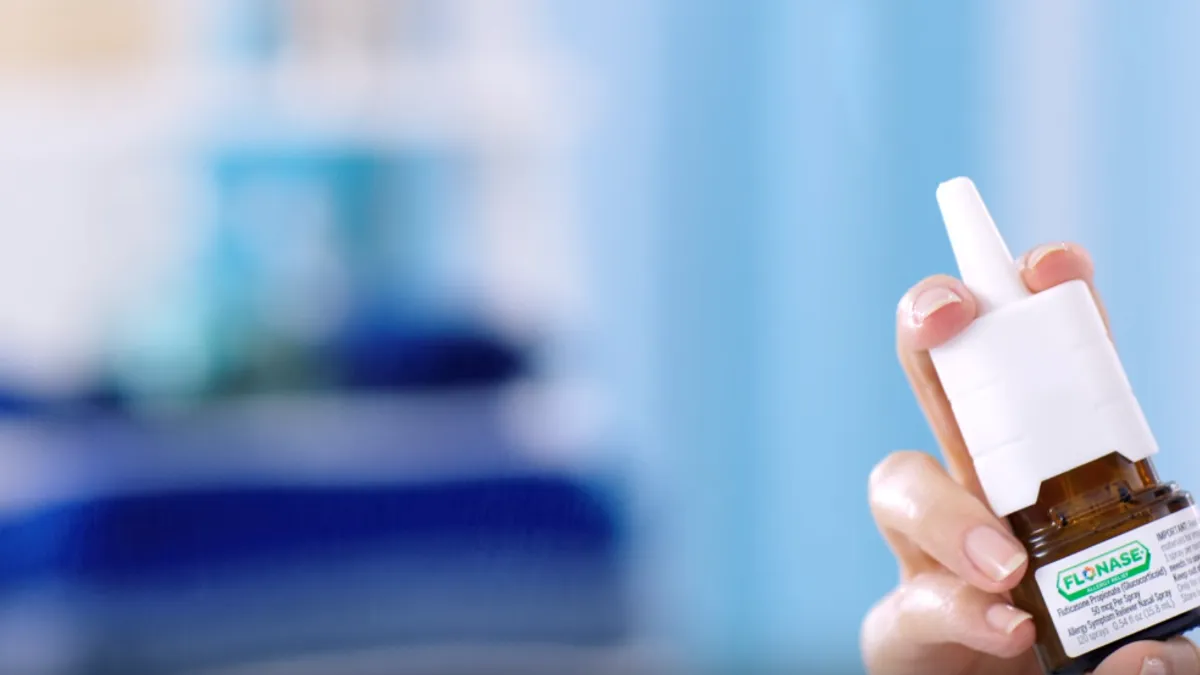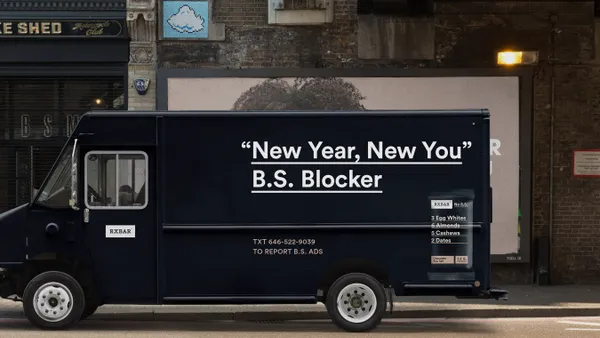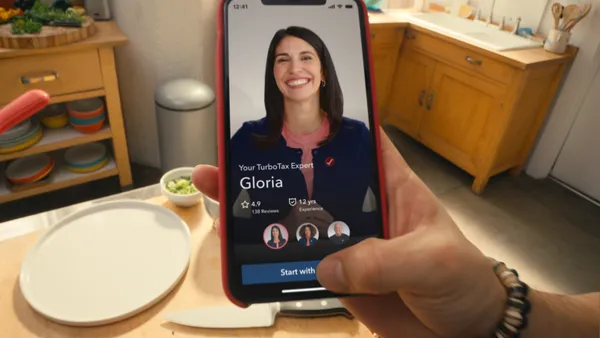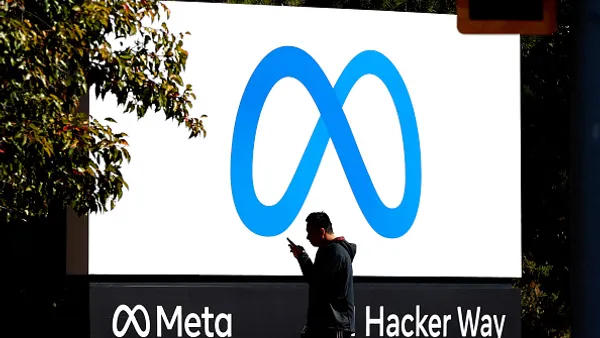Brief:
- GlaxoSmithKline, the drugmaker whose revenue grew 3% to $9.42 billion in Q2 2017 from a year earlier, introduced “smart” shelves for its Flonase allergy medication. Consumers in Canada can use a smartphone with a near-field communications (NFC) chip to tap a Flonase shelf in stores and get more information about the product, according to a press release.
- Thin Film Electronics developed the high-tech shelves that contain special tags to give consumers an interactive experience while they're making a purchasing decision in a store.
- GSK is also using Thinfilm’s Cnect software as part of an end-to-end solution to adjust and analyze consumer's experience when shopping for Flonase. The cloud-based platform lets the drugmaker manage tags remotely, deliver custom messaging and content, view real-time consumer tapping activity and develop insights in real time, per the release.
Insight:
GSK's smart shelving units for Flonase lets the drugmaker have greater control over the information it shares with consumers at a time when they’re in the moment of making a purchasing decision. As Thinfilm points out in the release, its interactive shelving units help to directly reach consumers in a store without intermediaries such as search engines, online marketplaces or social platforms that may steer consumers toward other products. That direct control is important for marketers to connect with consumers and provide accurate, useful product details, particularly considering the widespread misinformation about medical conditions, health supplements and miracle cures on the internet.
Thinfilm has shown past success with its special tags that are activated in point-of-sale settings. Earlier this year, the Norwegian company helped Spanish winemaker Bardadillo promote its white wine with a "Tap & Win" campaign that relied on specialized packaging on the neck of bottles to interact with smartphones. Thinfilm said the smart bottles boosted engagement rate by 4x, compared with display banner ads, and generated 2x the growth rate of Barbadillo subscribers than the brand's previous online promotions.
As mobile devices get smarter and become more useful for consumers, in-store shopping experiences continues to shift, according to a September 2017 report from Forrester Research. The company found that two-thirds of early adopters of mobile technology said they’re “more confident about my in-store purchases when I use my smartphone to do research on the spot.” This group of tech-savvy consumers is more likely than other market segments to let their smartphone interact with in-store tech to alert a salesperson that they need assistance.












